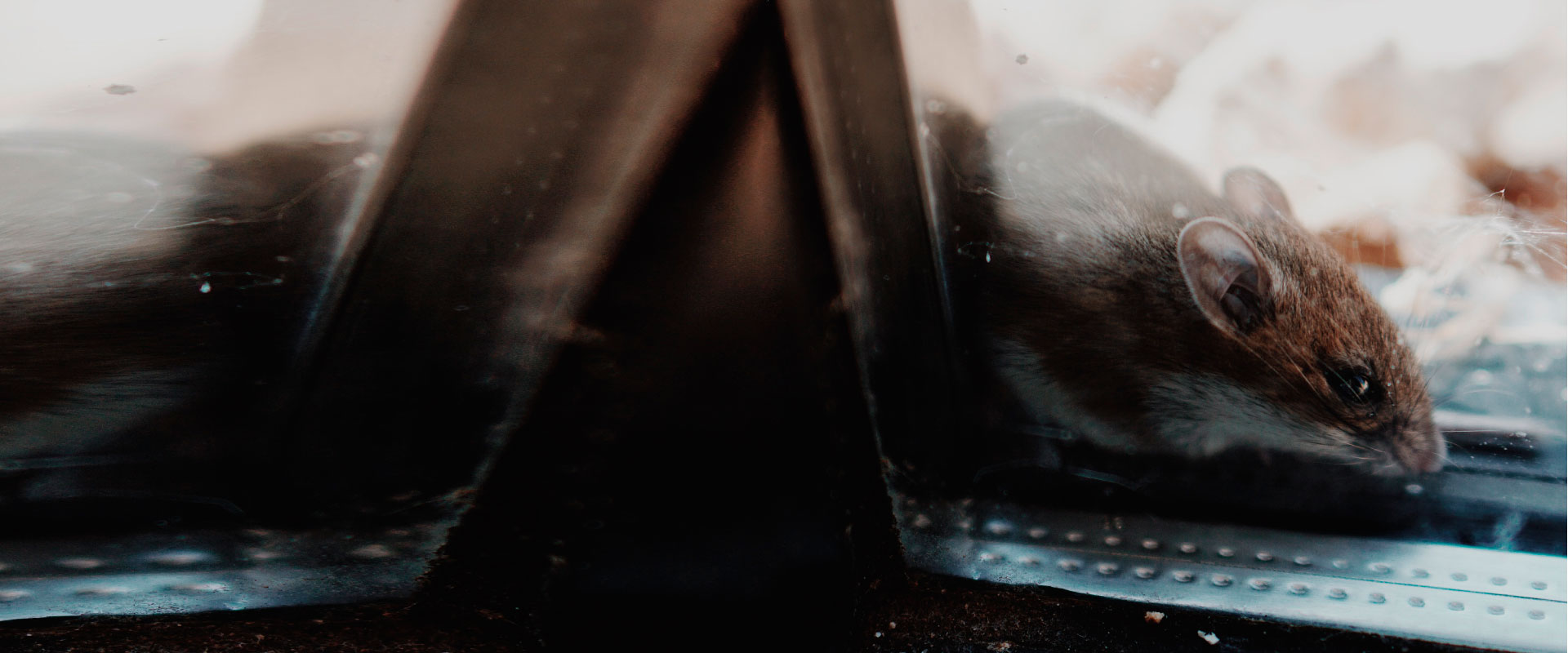Table of Content
But if you’re dealing with a severe infestation that can put your family at risk, consider using spring traps or calling a professional pest control company. Mice migrate into people’s homes in search of food, warmth, or shelter. They often cause damage by chewing on wires, books, and toys, or getting into cupboards and spoiling food by gnawing on storage bags and even plastic containers.
If you don't catch him writing, you can usually find Ed working in the garden or taking on DIY projects around the house. Ed’s also a talented musician, spending time composing music for independent films or helping people fix their guitars. If the mice live in your attic, you will likely find their nest woven together from fibers that they find. Mice are also messy, so there will be plenty of clutter, mouse droppings, and urine around the nest, along with food items. Mice may be cute rodents, but they’re a nuisance and sometimes a danger to your home. Once mice infiltrate your home, they’ll gnaw away at insulation, wiring, food, and even office supplies and books.
Why Do I Have Mice in My House?
Caulk around pipes and other entry points in the basement and along the foundation. Mice cannot chew through steel wool, so they will be unable to reopen the hole. Keeping mice and other pests out of your house is the most important step to preventing future infestations. It’s also the best way to get rid of bats in the walls and keep them outside where they belong.
Contact your RV dealer for mouse repellent products as well. Store pet food in airtight containers as well, and empty out pet bowls after your dogs or cats have eaten, so leftover food doesn’t sit out and tempt mice. When you first catch sight of a mouse in your home, Warberg Block says the first step is to immediately find out where it came from.
Openings for Utility Lines
Be sure to release any mice you capture at least a mile away from your home, and preferably not in an inhabited area. Don’t touch the mice directly in order to avoid any diseases they might be carrying. Find a pest-control specialist in your area, and get free, no-commitment estimates for your project.

You see, a mouse’s body is collapsible, allowing them to slink through the smallest of spaces, even ½ inch wide. Live traps are definitely more humane, but many people are unable to deal with the live mouse. Peppermint essential oil, along with other strong scents, inhibits their ability to smell. When peppermint oil is present in a strong enough concentration, mice cannot find food or communicate. Getting rid of them for good involves denying them all of these things now and in the future. The best time to get rid of mice is before you have them.
How to Stop Mice from Squeezing Under the Door
There is little shelter in your area and mice are looking for cover. If they have an access point, mice will come into your home just to get away from the sun and heat while searching for a food source. You have an attached garage that allows mice to enter and wait for an access point into your home.
Look for holes and gaps around windows, doors, eaves, flashing, and fans. A simple and effective way to get rid of mice naturally is to deny rats and mice access to your house, garage, and storage unit. Rats and field mice are looking for easy access to your house, dependable food and water supply, and a safe place to nest and reproduce. When they find these conditions, they reproduce very quickly. If you have a habit of leaving your front door or garage door open, mice may be taking the opportunity to dart inside when you aren't looking. Keep your doors closed to discourage mice from entering.
Even if you don’t have food sitting out in your garage, mice are still attracted to crumbs. Store all food properly, since rodents are scavengers and are naturally drawn to food inside your home. Keep your food in the pantry sealed in airtight plastic or glass containers.
During cold and inclement weather, mice seek shelter from the elements. Garages may not be quite as warm as the rest of your house due to a lack of heat, but they are significantly warmer than outside. They are also great shelters from storms and snow, so mice can easily escape the elements if they live in a garage. In most cases, mice enter garages by chewing holes through the doors and then stay once they realize the spaces are ideal for rodents.
Cracks even as small as 1/4 of an inch need to be sealed. If you have mice in your home, knowing their preferred locations will help you get rid of them faster. The black fecal pellets they leave behind are a giveaway of their whereabouts. Keep food away from these areas, and store everything edible in containers that can’t be chewed.

Once the mice find this location, they often stick around and build their nest. If you’ve ever had a mouse in your house, you know how frustrating and dangerous they can be. Mice are attracted to homes for food and shelter, and once they’re in, it can be hard to get rid of them. There is good news about using cats as pest control, however. Scientific studies have shown that mice fear the scent of cats—an evolutionary development based on these two species’ long relationship as predator and prey.
If you already have an outdoor mouse problem, you can still follow the above tips to make your lawn less welcoming. Mice like to nest where they can easily access food, water and shelter to stay safe from predators. The more you eliminate those accommodations, the more likely they are to find a new place to live. Mice are excellent climbers, and they can squeeze through extremely small holes, so it’s hard to deter them from your yard completely. However, inspecting your fence for holes and cracks is worthwhile. Seal up any tiny openings to eliminate as many possible entrances for mice as you can.

There you will see the trails and possibly notice torn insulation and gnaw marks. Bait wooden mouse traps or humane catch and release traps with peanut butter, chocolate candy, fruit, or nuts. Observe your pets when you first plug them in and make sure they do not react to the sound frequency.
Signs of an Outdoor Mice Infestation
Stuff stainless steel pads into small holes around pipes and cables, and then seal the holes with caulk. The steel pad creates an abrasive barrier to keep mice out, and it can easily be cut up with scissors to fit into smaller areas. Mice can easily follow cables into your home if the hole is large enough for them to fit into. They can also come in around access holes created for running pipes and drains or scurry into vents and chimneys.
Making your property less appealing to mice is easier than getting rid of them once they’ve moved in. A good pest specialist will recommend steps you can take to deter mice from infesting your home or garage. That way, you’ll have peace of mind from knowing you’re doing all you can to keep rodents away.

No comments:
Post a Comment